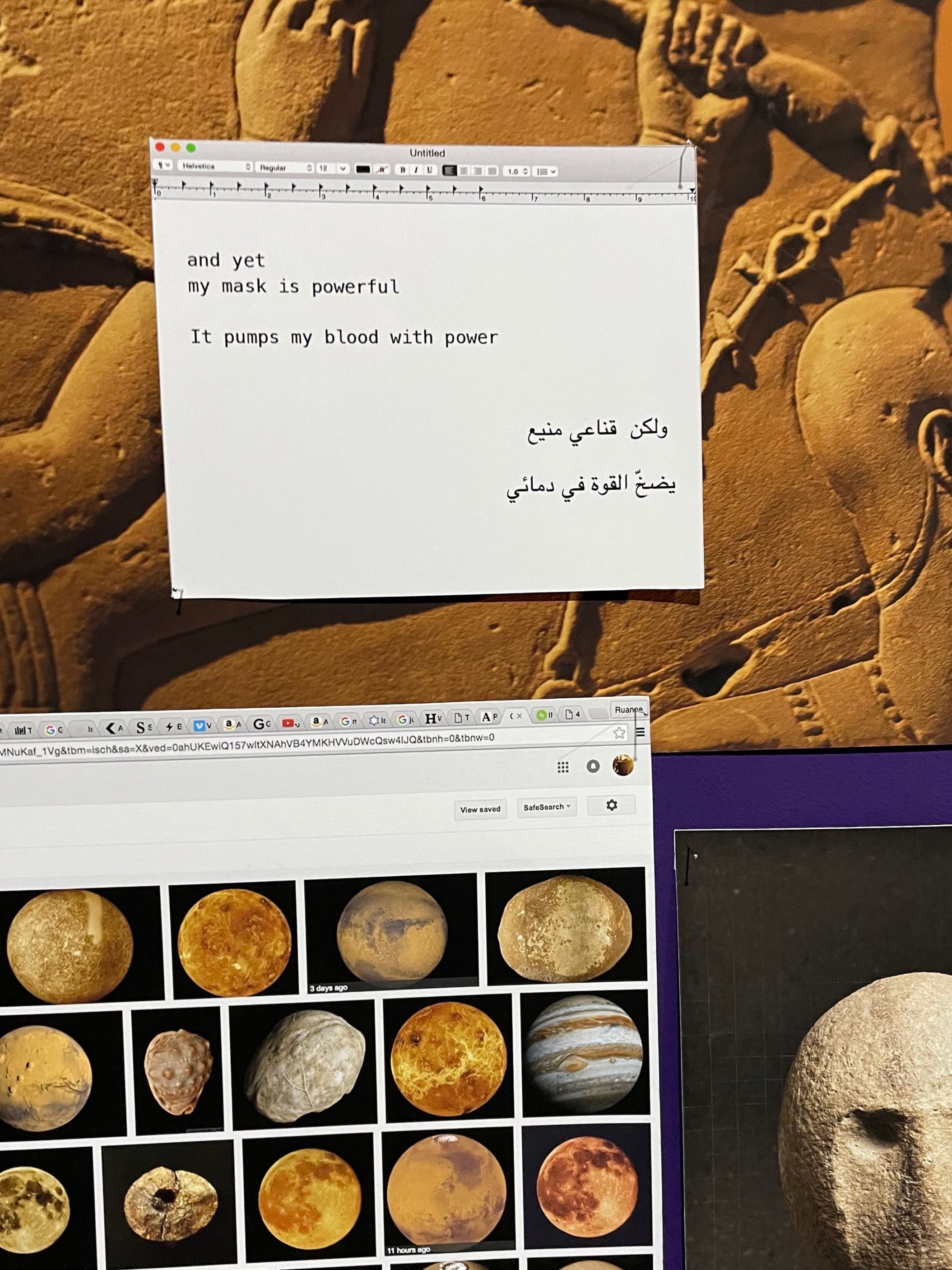(Co-taught with Jonas Tinius and Margarete von Oswald, Humboldt University to Berlin)
As a new reckoning with the colonial past is, belatedly, taking shape today, former metropoles and colonies are increasingly searching for what Felwine Sarr and Bénédicte Savoy call a “new relational ethics” in response to demands for accountability, transparency, and repair for injustice past and present. This course focuses on a key element of this contemporary confrontation: the role of public institutions, particularly museums, archives, universities, and related institutions whose own histories are inextricable from the colonial project. How do institutions such as natural history museums, ethnographic collections, contemporary art galleries, film archives, or libraries function as both a target of critique and a means through which former empires reckon with their colonial past? How can ingrained ways of seeing, collecting, conserving, and curating inherited from imperial modernity become inverted, subverted, and diverted? How do collections of artefacts and human remains become sites for multiple contestations of ethics, law, politics, identity, money, and, not least, anthropology itself, as both the subject and object of critique and reinvention? This course approaches imperial formations and their material remains through contemporary practices. Readings are drawn, inter alia, from anthropological theory, ethnographic studies, critical museology, postcolonial curating, and conversations with practitioners and activists. Students will pursue individual site-specific projects. The seminar will be co-taught between the New School and the Humboldt-Universität zu Berlin. The joint classes with Humboldt University will be held online.
